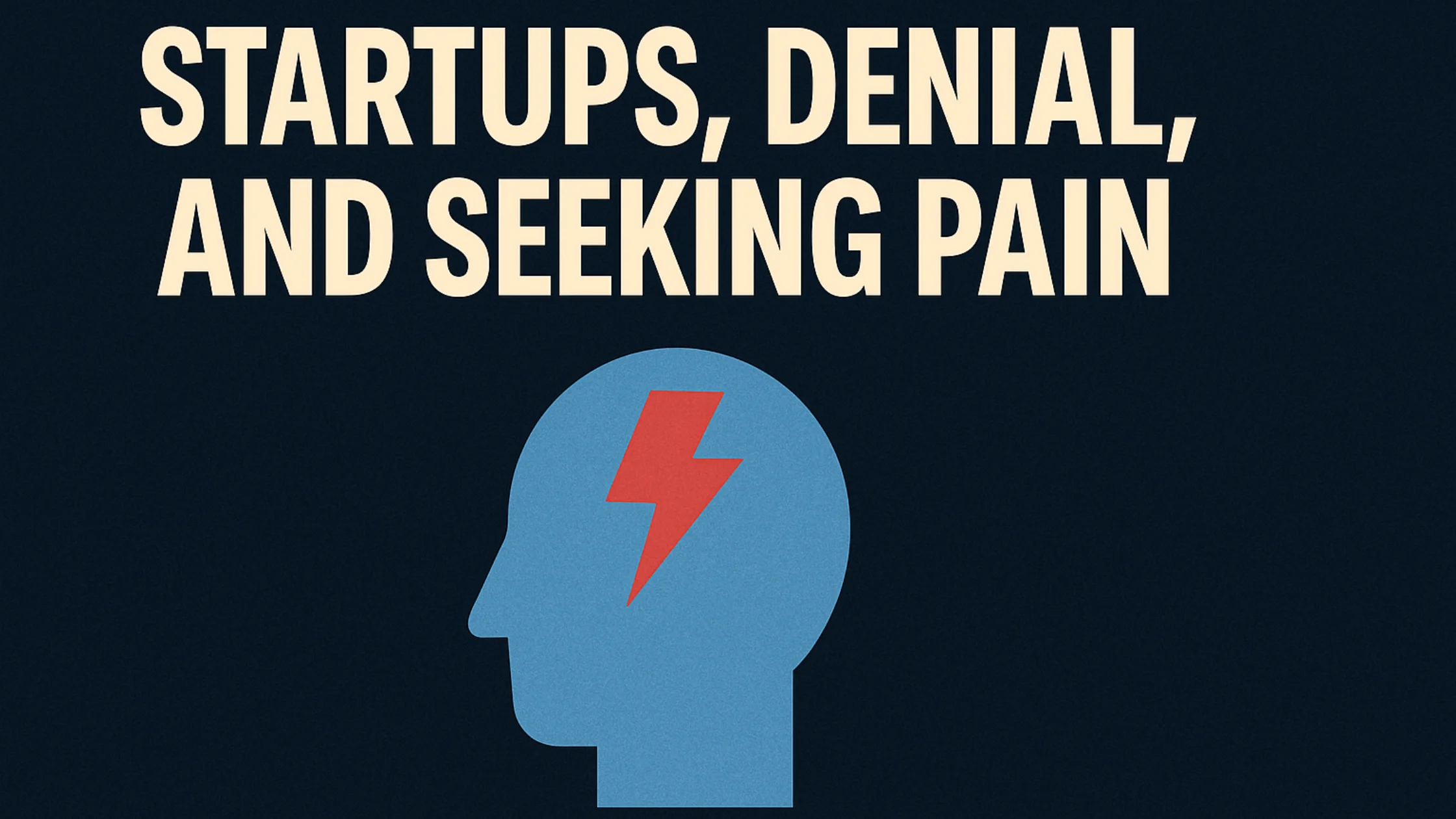In a strikingly honest tweet, Amjad Masad, founder of Replit, responded to Josh Miller’s candid breakdown of mistakes made with Arc browser. His words cut deep:
“Denial is a silent killer of startups… That’s why today one of our operating principles is SEEK PAIN.”

As an African founder navigating volatile markets, inconsistent infrastructure, and often nonexistent safety nets, I read those words and thought: We don’t need to seek pain. Pain is our default setting.
But what we often don’t do: is name it, sit in it, or learn fast enough from it.
Josh, in his original post about what went wrong with Arc, admits they ignored the data. They knew the browser wasn’t achieving growth, retention, or usage benchmarks. But they continued. Why?
“We were just in denial.”
That resonated powerfully. Denial isn’t just a Silicon Valley problem. It’s global. And for us in Africa, it’s deadly because we don’t always get a second chance. The room for error is narrower, the capital less patient, and the market often far less forgiving.
The Myth of the Pivot-Free Path
Many African founders are taught to “push through”. We wear resilience like armour. But what happens when that resilience morphs into denial?
At Replit, they delayed making critical product decisions because confronting the truth was too painful. In Nigeria, Kenya, Ghana, I’ve seen the same, founders staying loyal to features no one uses, burning through savings to fund flawed assumptions, or resisting UI redesigns because “that’s how we started.”
But nostalgia has no business in innovation. We have to release what no longer serves.
Data is Not Just for Funders
One of Josh’s key admissions was that they had the data, they just didn’t want to believe it.
This is a global affliction, but it’s particularly potent in Africa where founders may be more used to instinct and hustle than dashboards and insight cycles. Yet this is where the game must change.
African startups need a culture of listening to data, even when it’s whispering hard truths:
- Is your app’s daily active user count dropping?
- Are customers clicking “interested” but never converting?
- Are complaints repeating?
Listen. Decide. Act. Seek pain before pain seeks you.
SEEK PAIN: An African Reframe
Amjad’s “SEEK PAIN” principle might sound masochistic at first. But it’s not. It’s a mindset shift.
In the African context, I would translate it as:
“Don’t be seduced by early applause. Be obsessed with uncomfortable truths.”
Sometimes that means killing your darling feature. Sometimes that means firing a cousin. Sometimes that means pausing your funding chase and rebuilding your fundamentals.
Pain is a signal. Not an enemy.
The Danger of Ego and Echo Chambers
In a continent where founders often bootstrap for years, there’s a risk of wrapping identity into the startup’s original idea. The product becomes sacred. Feedback becomes an insult. This is dangerous.
Josh and Amjad both acknowledge that ego delayed their clarity. African founders must build internal cultures where humility is as prized as vision. Denial doesn’t just kill companies. It kills potential.
The Pain We Can’t Afford to Waste
What strikes me most is that the Replit and Arc teams had space to make mistakes. Many African founders don’t.
- So our urgency must be different.
- Our relationship to feedback must be sharper.
- Our emotional fluency with failure must be deeper.
Amjad’s tweet isn’t just a startup philosophy. It’s a survival code:
“Seek pain early, or it will find you later, when it’s too late to rebuild.”
In Africa, where every day of traction matters, we cannot afford to be in denial.
We must build with courage, but also with clarity. We must be brave enough to listen, especially when it hurts.













